Speaking at the opening of the workshop, Mr. Tran Van Khai, Deputy Chairman of the National Assembly's Committee on Science, Technology and Environment, said that artificial intelligence (AI) has developed very rapidly in recent years, contributing significantly to creating a breakthrough in production capacity, improving national competitiveness, promoting economic development and many areas of life.
In order to build a solid legal basis for the development and application of AI in Vietnam, the Ministry of Science and Technology has presided over the drafting of the Law on Artificial Intelligence, expected to be submitted to the National Assembly for comments at the 10th session. This is a new law related to new issues in the world as well as in Vietnam. In order to complete the draft law, ensure the rationality and feasibility of regulations, and ensure the rights and interests of businesses, the drafting agency hopes to receive comments from economic experts and the business community.
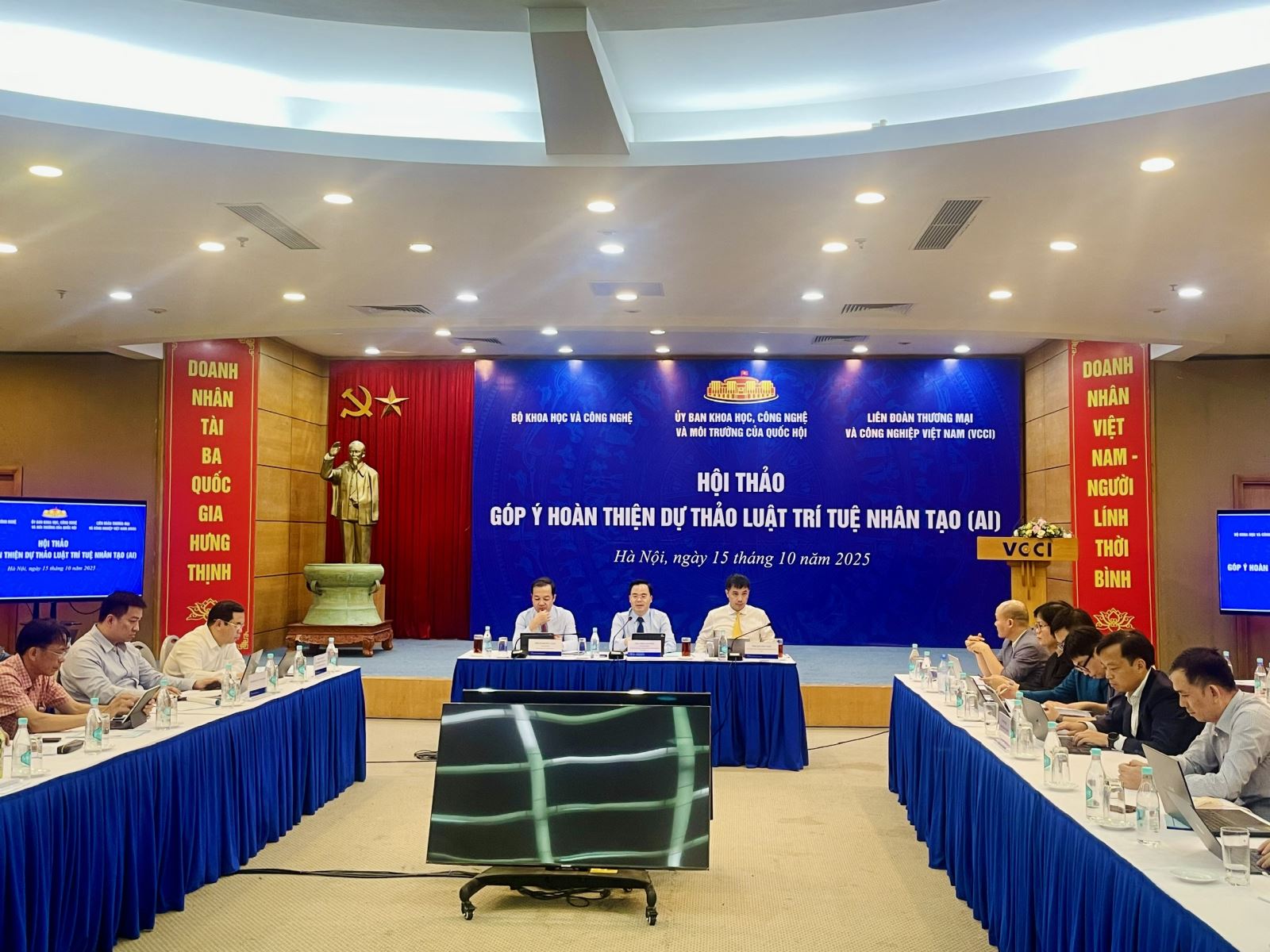
If passed by the National Assembly , the Law on Artificial Intelligence will take effect from January 1, 2026. Within 6 months from the date the law takes effect, the National Committee on Artificial Intelligence will be established and completed; guiding documents will be issued; and the National Artificial Intelligence Development Fund will be put into operation.
Representing the business community, Mr. Dau Anh Tuan, Deputy Secretary General, Head of the Legal Department of VCCI, said that the National Assembly and the Government's initiative in developing the Law on Artificial Intelligence is a timely step, demonstrating the mindset of institutional creation, catching up with technological trends and opening up the space for innovation. This is the first law in Vietnam to lay the legal foundation for the entire AI ecosystem - from development, application, to risk management and protection of people's rights.
Mr. Dau Anh Tuan expressed his hope that the draft Law on Artificial Intelligence will be commented on in the spirit of ensuring flexibility and adaptability in the legal framework, avoiding being too rigid so as not to hinder creativity. At the same time, it is necessary to reduce administrative procedures, simplify the registration, announcement and implementation process. In addition, it is necessary to continue to invest heavily in data infrastructure and computing capacity to avoid being too dependent on the outside; as well as, clearly defining legal responsibilities, insurance mechanisms and reasonable risk allocation, along with absorbing international lessons, but still maintaining Vietnam's own unique characteristics.
The development of the Law on Artificial Intelligence in Vietnam is an important step in creating a legal corridor for the development of this technology. The draft law has been highly appreciated by the business community and experts for its open-mindedness and scientific nature. However, adjustments and supplements are still needed to ensure flexibility, reduce administrative procedures, enhance computing capacity and clearly define legal responsibilities. The law-making process was carried out quickly and openly, demonstrating close coordination between relevant agencies and listening to wide opinions from stakeholders.
“However, for the Law to truly come into life and become a driving force for development, we would like to note a few major points. The Law needs to ensure flexibility and adaptability in the legal framework. AI is a rapidly changing field, and legalization needs to be accompanied by an effective policy update, testing, and feedback mechanism. Being too rigid will stifle innovation. Along with that, it is necessary to minimize administrative barriers for businesses, especially small businesses and startups. Requirements for conformity assessment, registration, and publication need to be clear, transparent, and have a reasonable roadmap. The implementation of the One-Stop Electronic Information Portal is a bright spot, but it needs to be accompanied by a simple, transparent process that truly serves businesses,” said Mr. Dau Anh Tuan.
Along with that, Mr. Dau Anh Tuan emphasized that it is necessary to seriously invest in data and computing infrastructure - this is the "fuel" for AI's survival. Without quality data and strong enough computing capacity, we will always depend on the outside. In addition, it is necessary to clearly define legal responsibilities, especially in the AI value chain - from developers, suppliers to deployers. The Law's proposal of objective legal responsibilities for high-risk systems is appropriate, but it is necessary to clarify the insurance mechanism, liability limits and criteria for risk allocation in a reasonable and enforceable manner.
“We also hope that the Draft Law can learn from international lessons – that there is no “perfect copy”. The EU, the US, China and Singapore all pursue their own models, but the common point is: creating a legal corridor that is safe enough for innovation, and transparent enough to control risks. Vietnam needs to choose the path that suits it – being agile, but not reckless; encouraging innovation, but not leaving responsibility unanswered”, said Mr. Dau Anh Tuan.
From a professional perspective, Ms. Tran Vu Ha Minh, Chief Advisor on Responsible Artificial Intelligence of FPT Software, shared that Vietnam is currently in the initial stage of building and applying AI. Therefore, this is a great opportunity to design AI systems according to high standards of governance and compliance from the beginning. The Vietnamese chatbot market is also showing strong growth potential. If in 2024, the chatbot market value reached about 31.2 million USD, it is forecast to increase to 207.1 million USD by 2033 with a compound growth rate (CAGR) of 18.50%.
"Therefore, one of the urgent recommendations today is to have guidelines for digital transformation and digital transformation according to the right standards and responsibly from the early stages of implementation. Specifically, when businesses first enter AI, they often start with chatbots or smart interactive tools. From here, the State should soon issue guidelines on how to deploy chatbots or basic AI tools in a way that complies with requirements such as transparency, data protection, and accountability," Ms. Tran Vu Ha Minh raised the issue.
Mr. Tran Van Tri, Director of LuatVietnam, proposed that it is necessary to clearly define intellectual property rights between suppliers, developers, and deployers; clearly define the scope and level of AI application that must be labeled; the pre-inspection mechanism needs to be flexible so as not to slow down the progress of AI product launches; and stipulate citations for easy checking and comparison.
Lawyer Hoang Le Quan (Lexcomm Law Firm) said that the draft needs to clarify more regulations on obligations related to transparency and labeling responsibilities for artificial intelligence ("AI") systems and content (text, images, audio, video) created by AI.
Mr. Quan noted that the latest draft omitted the detail that “The Government shall specify the form of transparency, labeling, technical standards and reasonable exemptions”, which could easily lead to the misunderstanding that businesses decide how to label themselves. “The regulations should be harmonized with international practices, such as the EU allowing the use of invisible watermarks, to avoid creating burdens and ensuring competitiveness,” Mr. Quan suggested.
Regarding accountability, Mr. Quan also proposed clarifying the mechanism for people to exercise their right to request explanations when affected by decisions of AI systems - including the process, deadlines and channels for receiving requests.
Source: https://baotintuc.vn/khoa-hoc-cong-nghe/luat-tri-tue-nhan-tao-phai-dam-bao-an-toan-va-minh-bach-de-kiem-soat-rui-ro-20251015190847476.htm






![[Photo] Cat Ba - Green island paradise](/_next/image?url=https%3A%2F%2Fvphoto.vietnam.vn%2Fthumb%2F1200x675%2Fvietnam%2Fresource%2FIMAGE%2F2025%2F12%2F04%2F1764821844074_ndo_br_1-dcbthienduongxanh638-jpg.webp&w=3840&q=75)









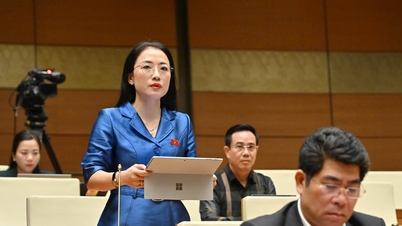



















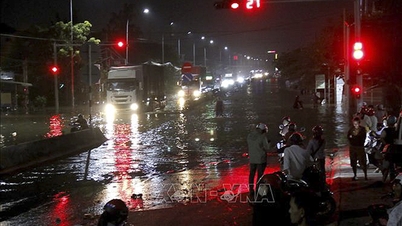
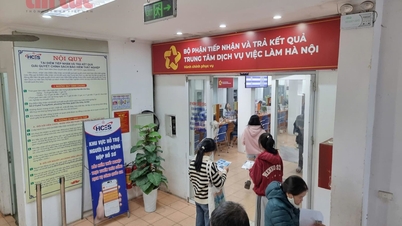


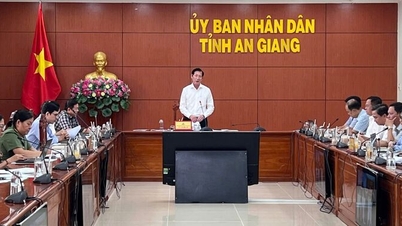







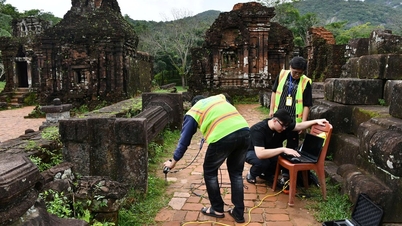


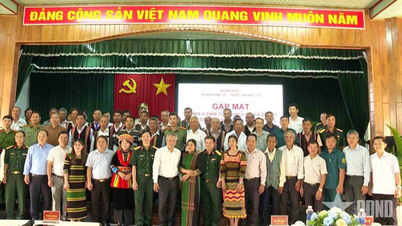


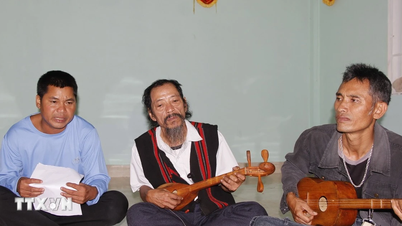




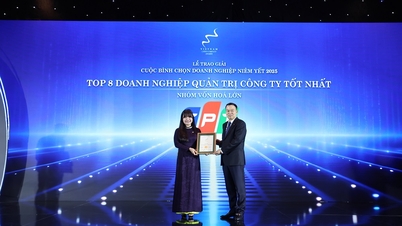


![[VIMC 40 days of lightning speed] Da Nang Port: Unity - Lightning speed - Breakthrough to the finish line](https://vphoto.vietnam.vn/thumb/402x226/vietnam/resource/IMAGE/2025/12/04/1764833540882_cdn_4-12-25.jpeg)
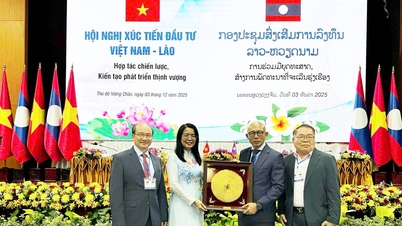







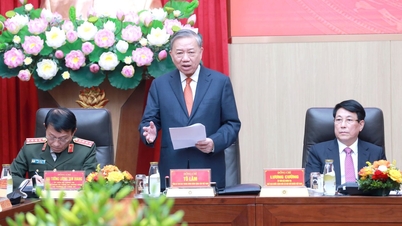

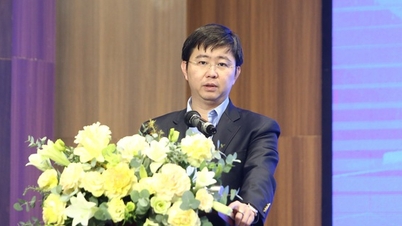

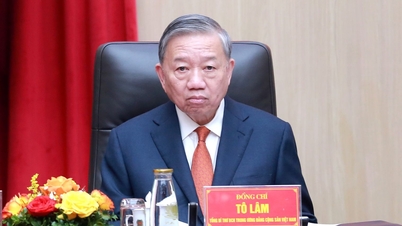









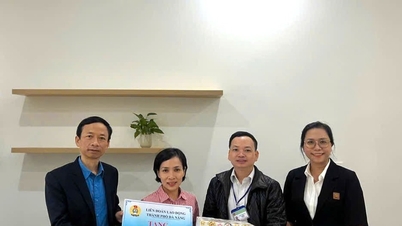


















Comment (0)